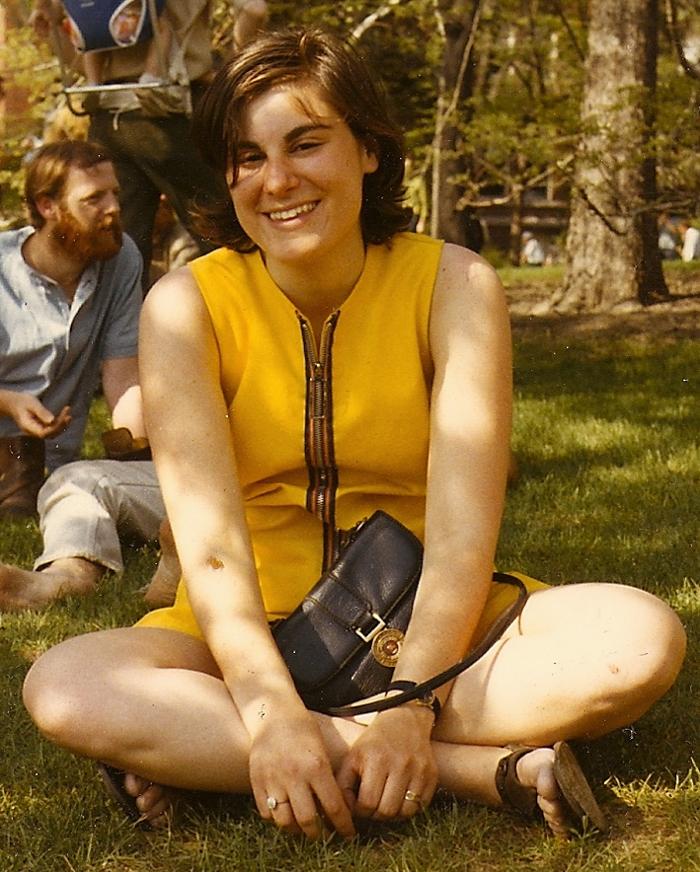DONNA-LEFF
Then:
Medill senior, Editor of the Daily Northwestern.

Now:
Professor of Journalism, Medill; BSJ/MSJ Northwestern, 1971; Ph.D., University of California at Berkeley Graduate School in Public Policy, 1982.
After completing her MSJ, Donna went to work at Chicago Today as an environmental reporter - at the time there were only a few of them, including Casey Bukro (Northwestern BSJ, 1958; MSJ, 1961) at The Chicago Tribune. The movement faded somewhat to the background. There was no recycling in the city by 1973. Eventually, Donna became an award winning investigative reporter for Chicago Today, covering politics and health issues. Her research and writing focuses on the impact of investigative reporting on social issues.
She currently teaches both undergraduates and graduate journalism students at Medill, including the following courses: Science Journalism, the Culture and Economics of Journalism, Ethics and Law, and Analysis of Urban Issues. She is a co-author of "The Journalism of Outrage," Guilford Press.

Memories from the time surrounding Project Survival:
"I assigned the stories for the Daily coverage of Project Survival: remember working with Greg Hinz, Jim Dexter, they were my guys. We had a special edition called "Emphasis," which was devoted to Project Survival and related stories. I think I may have interviewed Barry Commoner. I'd read Paul Ehrlich's book ‘the Population Bomb' and Commoner's writing - it was scary. These guys were right, but they were so far ahead of the curve."
Donna remembers much of the NU faculty in 1970 as being very progressive, some as radical - including sociology professor Raymond W. Mack (author of "Race, Class and Power") who would later become Provost. As a journalist, her role was to be objective as she edited and covered stories in the midst of the increasing politicization of the campus.
What happened to the early environmental movement?
"The event triggered an early recycling program in Evanston - I think it was up on Green Bay Road. But (the movement) was not mainstream. For most people, it wasn't normal to do these things, environmentalists were treated as something odd - like alternative beings - these odd people who sort their bottles by color and recycle paper. It was just these weird hippy things that we did. It was almost subversive."
"But I think it just became eclipsed by the anti-war movement. It was a more academic movement then the anti-war movement."
Just days after the first Earth Day, the invasion of Cambodia and the murders at Kent State took center stage in the media and the environmental movement shifted to the background in many students' minds.
"There's a parallel to the environmental movement today - issues are being eclipsed by the health care debate, and the wars. There's no urgency behind climate change - people are compliant, they're recycling and using reusable bags, but there's no sense of real urgency."
